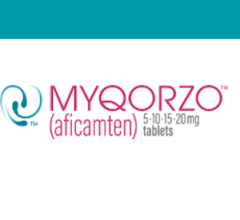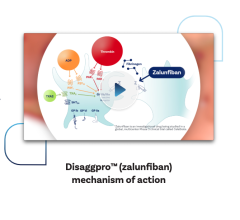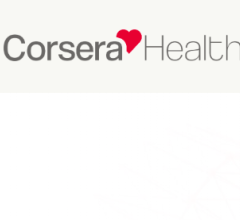
October 24, 2011 — A new study demonstrates that angiotensin-converting enzyme (ACE) inhibitors taken in the first trimester of pregnancy pose no greater risk of birth defects than any other type of high blood pressure medication. The study, conducted by the U.S. Department of Health and Human Services’ (HHS) Agency for Healthcare Research and Quality (AHRQ), suggests high blood pressure itself may increase the risk of birth defects.
ACE inhibitors are among the most widely prescribed drugs used to treat high blood pressure, particularly for people who also have diabetes. They are known to raise the rate of birth defects in the second and third trimesters of pregnancy; one earlier study reported a link between their use and birth defects in the first trimester of pregnancy.
But the new AHRQ report, based on a study of a larger population, did not find a unique link between first-trimester ACE inhibitor use and birth defects.
Results of the study, prepared for AHRQ's Effective Health Care Program by the HMO Research Network — a member of AHRQ's Developing Evidence to Improve Decisions about Effectiveness (DEcIDE) Network — are published in the Oct. 18 issue of the British Medical Journal.
"Some women of child-bearing age have high blood pressure, and about half of them will get pregnant while taking one or more medications to treat it," said AHRQ Director Carolyn M. Clancy, M.D. "This report should lead to more informed discussions by women, in consultation with their doctors, about the best way to manage their high blood pressure, particularly if they become pregnant."
ACE inhibitors are also used to treat heart failure and to protect some people from diabetes complications. Yet because they inhibit an enzyme in the kidney, physicians caution use in the second and third trimesters of pregnancy, a crucial period of development for the unborn baby.
The drugs carry a "black box" warning from the U.S. Food and Drug Administration (FDA) — that agency's strongest warning — against their use in the second and third trimesters of pregnancy.
A study published in 2006 examined nearly 30,000 births over 15 years to mothers enrolled in Tennessee's Medicaid system; it suggested pregnant women who took ACE inhibitors in the first trimester had babies with birth defects at approximately three times the rate of mothers who not taking blood pressure medicine.
But the new AHRQ study — which examined more than 465,000 babies born over 13 years in the Kaiser Permanente Northern California region — found no such correlation. It found birth defects occurred at the same rate among all women with high blood pressure, regardless of whether they took ACE inhibitors, other blood pressure drugs or none at all.
While the AHRQ study did not conclude high blood pressure is explicitly to blame for increased birth defects, researchers said the findings suggest it is likely. Thus, taking steps to reduce blood pressure before pregnancy — including losing weight and reducing sodium intake — may reduce the risk of birth defects.
For more information: www.effectivehealthcare.ahrq.gov


 January 28, 2026
January 28, 2026 









